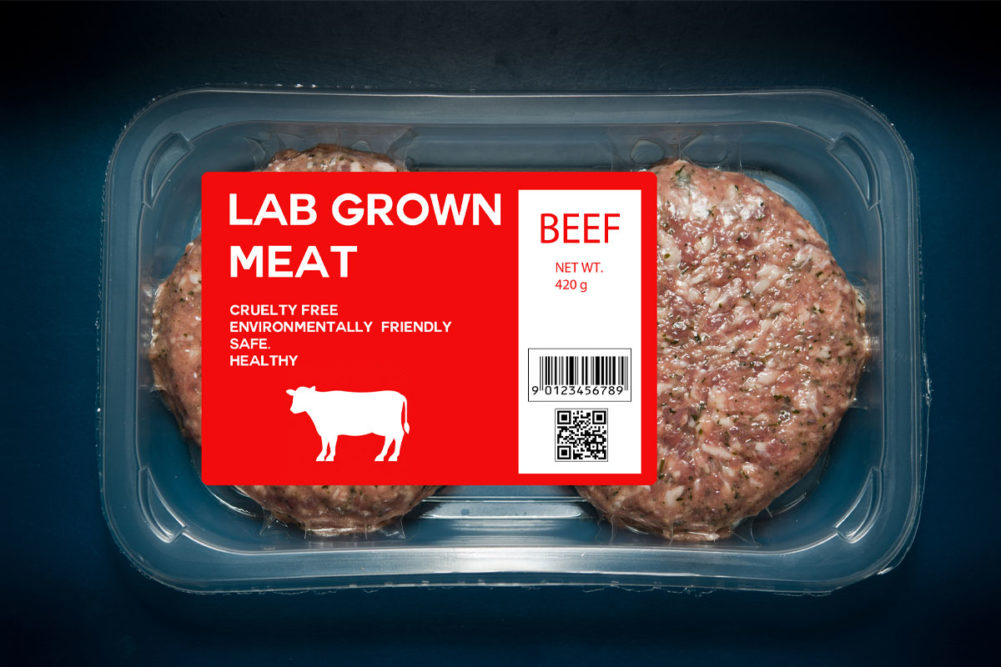
KANSAS CITY — Fifty-nine percent of consumers in the United Kingdom participating in a government-sponsored survey said they would not like to try “lab-grown meat” if it became available, with 21% saying they “would probably not like to try,” and 38% saying they “would definitely not like to try” the products. The survey results highlight the challenges facing the nascent cultivated meat category as entrepreneurs seek to gain a foothold in the market, achieve scale and, eventually, mainstream acceptance.
The survey was conducted by the United Kingdom’s Food Standards Agency and titled “Food and you 2.” The goal of the survey was to measure consumers’ self-reported knowledge, attitudes and behaviors related to food issues among adults in England, Wales and Northern Ireland. The survey was conducted between October 2021 and January 2022, included 5,796 adults and was published this month.
Questions in the survey specifically differentiated between plant-based meat alternatives and lab-grown products, and respondents were asked specifically if they would like to try lab-grown meat in their diet if it became available in the UK.
The consumer attitudes expressed in the FSA survey align with the 2022 Power of Meat study conducted by the market researcher 210 Analytics for the North American Meat Institute and the FMI – The Food Industry Association. In that survey, 40% of respondents said they would not be willing to try cultivated meat while 29% said they would. A look behind the numbers revealed a range of attitudes about cultivated meats across different demographic groups. For example, 60% of baby boomers said they were unwilling to try cultivated meat versus 27% of Gen Z.
There was a glimmer of good news in the Power of Meat survey, with individuals who said they want to reduce the amount of meat they eat or are influenced by concerns over animal welfare and environmental sustainability saying they were much more willing to try cultivated meat.
Despite the apparent reluctance of manyconsumers to try cultivated meat, investors have remained willing to provide funding to startups seeking to bring products to the marketplace. In 2021, cultivated meat and seafood manufacturers raised $1.4 billion in investments, according to the Good Food Institute, more than three times the $400 million raised in 2020. While the pace of investment in 2022 remains unknown, the year started with a bang when Upside Foods raised $400 million in Series C funding, its largest round to date.
The immediate challenges facing the cultivated meat sector are scale, price and moving beyond novelty status. But nobody should overlook the effort it will take to convince consumers about the benefits of the new technology and the products derived from it.
It is unclear how consumer interest in products perceived as natural or clean label — a dominant market trend — will affect perceptions of cultivated meat. On the one hand, the process is much “cleaner” than conventional meat processing, but, on the other, it involves unfamiliar technologies and processes. How conventional meat processors respond to an emerging competitor also should not be underestimated.
It is exciting to see the progress being made by cultivated meat processors. Production processes are advancing rapidly, infrastructure is being put in place, and there appears to be investor support to create a path to scale. But even as manufacturers focus on those challenges, they should not lose sight of the challenges to come.




